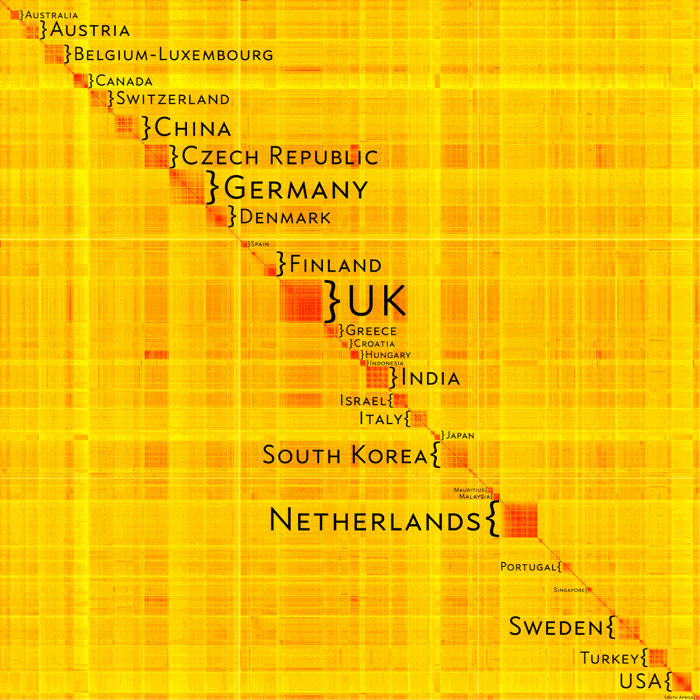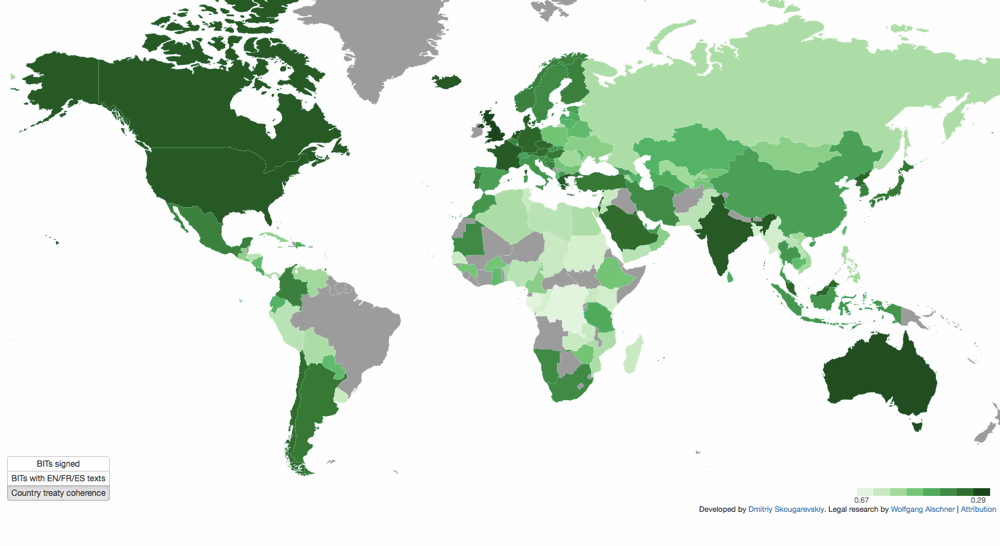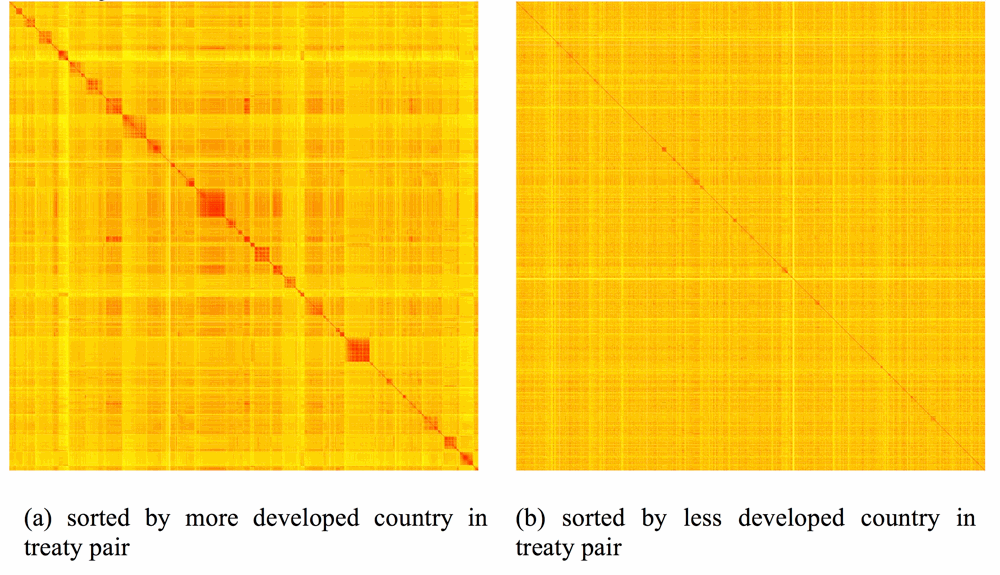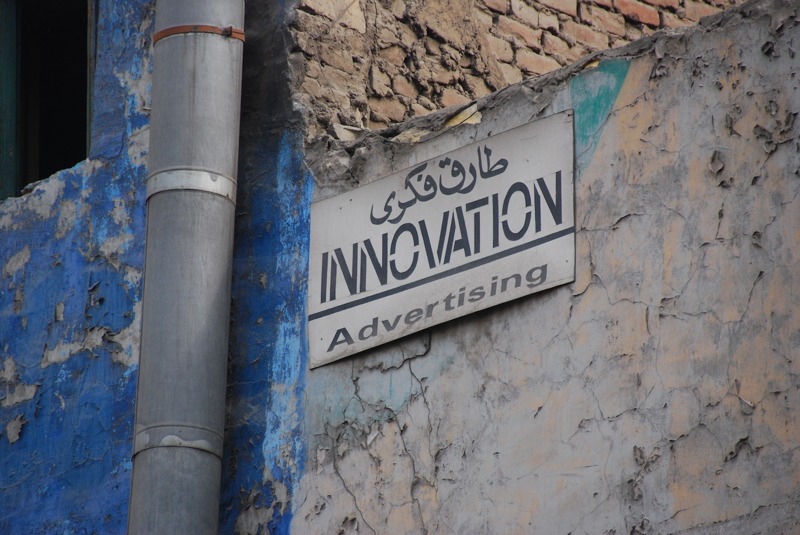
Who writes the rules in the BIT universe? Our recent text-as-data research suggests that investment law is marked by a North-South divide between developed country rule-makers and developing country rule-takers.
Who writes the rules in international investment law? Our recent research suggests that richer countries are considerably more successful in shaping the outcome of investment treaty negotiations than poorer countries. International investment law is thus characterized by an asymmetry: while developed countries tend to be the system’s rule-makers, developing countries tend to be its rule-takers.
Bilateral treaty negotiations are more susceptible to asymmetries than their multilateral counterparts. While the latter provide opportunities for developing countries to offset bargaining disadvantages by pooling resources and gaining strength through numbers, the bilateral setting leaves states to their own devices. Low bureaucratic capacity, insufficient expertise, as well as economic or political dependencies make it difficult for low-income countries to identify and assert their preferences in negotiations with richer nations. As a result, poorer countries risk ending up buying into rules written by others.
Bilateral investment treaties (BITs) are a case in point. While anecdotal and qualitative evidence has long suggested that developing countries tend to be rule-takers in BIT negotiations, we have collected new quantitative evidence to support this claim in a recent research paper. Our underlying approach is simple. For legal, policy and administrative reasons countries strive for consistent treaty networks. Yet, due to bargaining asymmetries, they differ in the ability to achieve them. This results in BIT networks that vary in consistency from country to country.
 Figure 1: Consistency scores for each country (interactive version)
Figure 1: Consistency scores for each country (interactive version)
This variation can be measured. By comparing the textual similarity of the BIT texts signed by a given country, we can quantify the degree to which that state concludes internally consistent treaties. More specifically, we calculate the average Jaccard distance within a country’s BIT network using a novel text-as-data approach introduced in that same paper . What results is a country specific consistency score (Figure 1). Some countries like Great Britain, India or Israel are consistency champions having very internally coherent BIT networks. Other states, like China, Pakistan or Egypt are less successful in concluding consistent agreements.
What turns a country into a BIT rule-maker? To answer that question we next compare treaty design coherence across country groupings. Regressing country consistency scores on their World Bank income group, we find that low-income countries have treaty networks that are 20% less coherent than those of OECD member countries. Our research thus provides quantitative evidence that a North-South divide separates rule-makers and rule-takers in the BIT universe.
Figure 2 present an alternative visualization of this North-South divide. In these heat maps red signifies highly similar treaties whereas yellow means very different agreements. On the left side of Figure 2, we order the heat map alphabetically and chronological by the richer party in each BIT. What results are red quadrangles of internally consistent treaty networks that are delineated along mostly developed country lines. Once we order the same heat map based on the poorer BIT counterparts, these consistent red quadrangles disappear. Again, we see that richer countries are more successful in signing consistent treaties than poorer countries.
 Figure 2: Textual similarity heatmap ordered alphabetically and chronologically by wealthier (left) and poorer contracting (right) first
Figure 2: Textual similarity heatmap ordered alphabetically and chronologically by wealthier (left) and poorer contracting (right) first
What should we make of this North-South divide? On the one hand, it is certainly a source of concern that BIT rules are primarily made in the North. On the other hand, the foregoing analysis should not obscure the fact that we are talking about general trends here rather than universal truths. Indeed, when looking at individual states close-up, we find that some developing countries like Mauritius are more often exporters than importers of treaty design (we talk more about that here). We are currently conducting further research to determine what – beyond North-South differences – turns a country into a rule-maker rather than rule-taker. So stay tuned!
 Although devloped countries were the main architects of the BIT universe, some treaty features have a distinctly developing country handwriting as our analysis of African BIT innovators suggests.
Although devloped countries were the main architects of the BIT universe, some treaty features have a distinctly developing country handwriting as our analysis of African BIT innovators suggests. While all attention is focused on mega-regional negotiations, European states are quietly beginning to redesign their national investment treaty programs. The recent
While all attention is focused on mega-regional negotiations, European states are quietly beginning to redesign their national investment treaty programs. The recent 